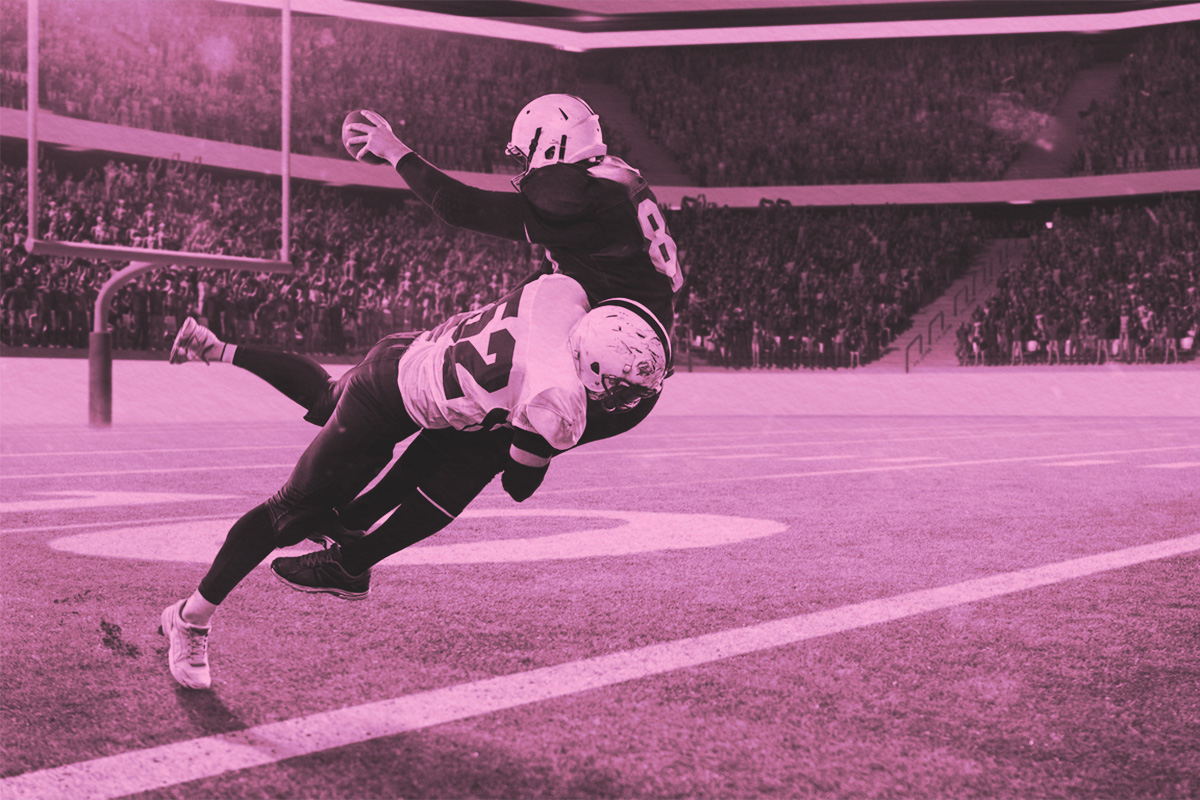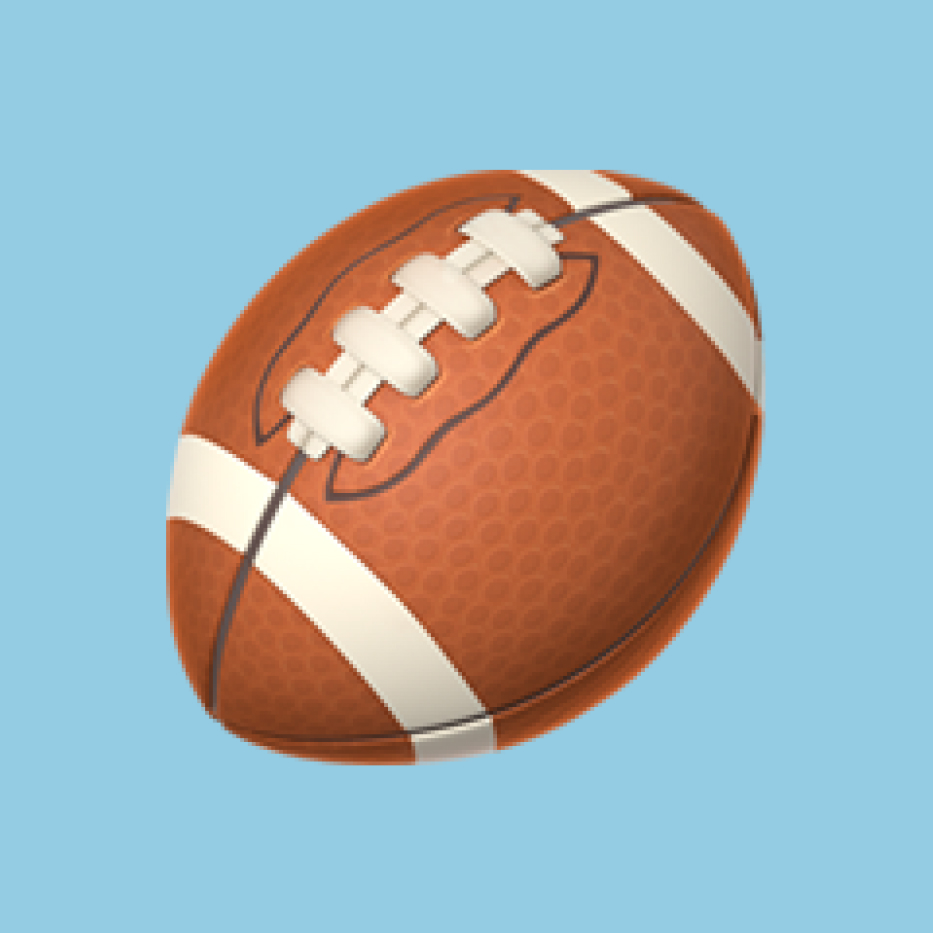Why does "football" mean something different in the U.S.? | | Football takes over America for much of the fall and winter, but to the Brits, the word means an entirely different sport. Why and when did these meanings diverge? | |  | Bennett Kleinman |
|
| |  | | T o the majority of the 5 billion worldwide fans of the sport Americans call "soccer," the game is called "football." Despite "soccer" being used almost exclusively in the United States today, we can trace the origins of the word back to distinctly British roots.
The Oxford English Dictionary points out that various spellings of the term "football" have been used since the early 15th century to describe any game in which balls are kicked and/or sometimes handled. In 1863, a governing body called the Football Association was formed in England to oversee organized association football (referring to the game Americans call soccer). Eight years later, the Rugby Football Union was created as the governing body for that specific game. These two organizations showed that "football" could describe multiple sports so long as they involved a ball being kicked in some way.
Around the same time in America, association football and rugby football became popular among young men on college campuses. Around the late 19th century, a new game was created using elements from both of these English games. It was dubbed gridiron football — "gridiron" referring to the field on which it was played. This sport quickly surpassed both association and rugby football in terms of popularity in the United States. People would usually skip over "gridiron," however, and shorten the name to "football" when discussing the game for ease of conversation. This sport developed into the current form of football played by organizations such as the NFL.
So where did "soccer" come from? Interestingly enough, though it's primarily used as an Americanism now, "soccer" was coined in England as a shortened version of "assoccer," which itself is a shortened form of "association football." (Oxford students reportedly created this nickname to distinguish the sport from "ruggers," or rugby.) While Brits rarely used this nickname, it became popular here in the United States among association football players. In 1945, the U.S. Football Association officially changed its name to the U.S. Soccer Football Association as a way to differentiate soccer from football, eventually dropping "football" from the name in 1974. |
| | Continue reading | |  |
| |
| | Advertisers help keep Word Smarts free | |
Emoji Decoded | |  | | American Football | | | Meaning: Depicts an American football.
Evolution: The football was included in Emoji 1.0, and it has maintained its basic design since its introduction. This emoji is particularly active on social media during football season.
Usage: [Group chat message:] Super Bowl party at my place! 🏈 🍕 |
|
 | | American Football | | | Meaning: Depicts an American football.
Evolution: The football was included in Emoji 1.0, and it has maintained its basic design since its introduction. This emoji is particularly active on social media during football season.
Usage: [Group chat message:] Super Bowl party at my place! 🏈 🍕 |
|
| |
Have you read? | |  | | Sister Snake | | By Amanda Lee Koe | | I enjoy reading seasonally, and I picked this book that came out in December 2024 to read for Lunar New Year, ushering in the Year of the Snake. It's a modern novel, but it's a retelling of the ancient Chinese "Legend of the White Snake," in which two snakes make a pact to be sisters forever. While it deviates from the folklore quite a bit, it's a captivating read. | | | | Jennifer A. Freeman, Word Smarts Senior Editor | | | | We independently evaluate all recommended products and services. If you click on links we provide, we may receive compensation. |
|
 | | Sister Snake | | By Amanda Lee Koe | | I enjoy reading seasonally, and I picked this book that came out in December 2024 to read for Lunar New Year, ushering in the Year of the Snake. It's a modern novel, but it's a retelling of the ancient Chinese "Legend of the White Snake," in which two snakes make a pact to be sisters forever. While it deviates from the folklore quite a bit, it's a captivating read. | | | | Jennifer A. Freeman, Word Smarts Senior Editor | | | | We independently evaluate all recommended products and services. If you click on links we provide, we may receive compensation. |
|
| |
You might also like | |  | | | | What Is a Zeugma? | | A zeugma is a literary technique that creates multiple meanings in a single context. Thanks to zeugmas, we can humorously express the idea of losing both our wallets and our patience. |
| | | |
| | Advertisers help keep Word Smarts free | |
|
![]()
![]()
![]()
![]()
0 Comments:
Post a Comment
<< Home